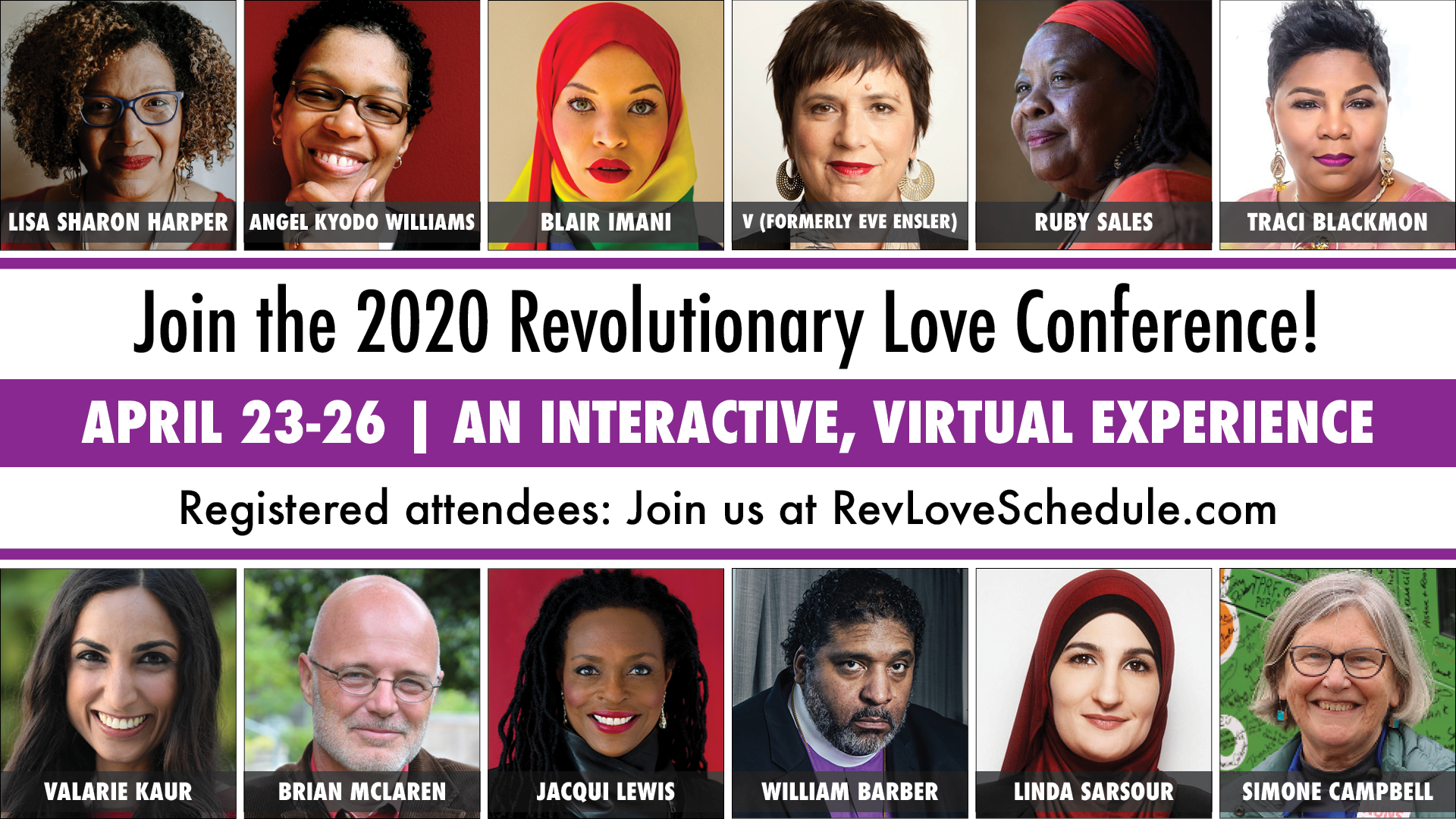The theme of the third day of the Road Scholar virtual trip covered Paris and the Revolutions. My notes are not good, but I will forge on with this. It seems like it was a pretty chaotic time.
Our guide Nettah described the circumstances leading to Bastille Day, July 14, 1789. A major issue was that France was on the verge of bankruptcy, partly due to financial support for America. The French supported us against Great Britain in the American Revolution. Another major issue involved the Three Estates--the nobility (First Estate), the clergy (Second Estate) and everyone else (Third Estate). The Third Estate was 98% of the country., but only 1/3 of the power. Representatives of the three estates met at the Palace of Versailles. The King was Louis XVI.
At Versailles on May 28 1789 the Third Estate began meeting separately, as the Communes. They declared they were a National Assembly, and would not be under the monarchy's supervision. That caused King Louis XVI to shut down the hall in which they were meeting, so they began meeting in June 1789 at an indoor tennis court at Versailles. They vowed to work toward a new constitution. The picture above is a depiction of how it might have looked at the tennis court. I am not clear of the connection, but the storming of the Bastille took place in July and Louis XVI was forced to recognize the National Assembly. In August, the Assembly met and voted to abolish aristocratic privileges. The National Assembly continued to work toward their revolutionary goals and seized church property in November.
The King and his family attempted to flee to Varennes in June 1791 but they were caught. He was tried by the National Convention and found guilty of high treason. He was executed by guillotine on January 21, 1793. Shortly after that, his wife, Marie Antoinette was also tried and also was guillotined. Her spending had been one of the things that led the revolutionaries to revolt.
Robespierre was elected President of the Convention and presided over what is known as the Reign of Terror because there were many massacres and executions during that time. It was portrayed as an attempt of republican government under his leadership, but people turned against him and he was beheaded in 1794.
I am not sure, but it seems that there was a relatively peaceful time for a few years. But Napoleon Bonaparte who staged a coup in November 1799. He became more and more powerful and was crowned as Emperor in 1804. He led France to become the dominant land power of Europe, while Britain dominated the seas. He lead an army of 700,000 to invade Russia but had to retreat because of winter weather. He was defeated in 1814 by a coalition of Russian, Austrian and Prussian forces and exiled to Elba but he took power back about a year later when he escaped and returned to Paris. The French people welcomed him back and the King, Louis XVIII fled to Belgium. A European coalition defeated him at Waterloo and he was again exiled; this time, to St Helena where he died. He may have been poisoned.
Louis XVIII was restored as King in July 1815
I am not going to post the next two days to this blog. My notes are not that good, and I think it is enough to say it was worthwhile and fun for Louisa and I to do together.








